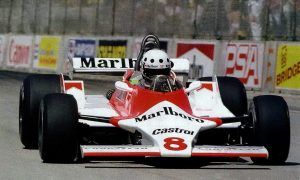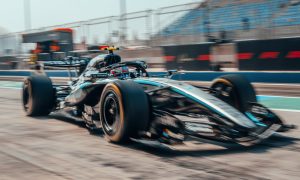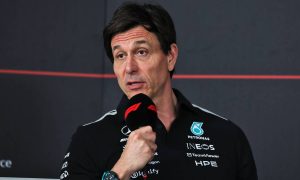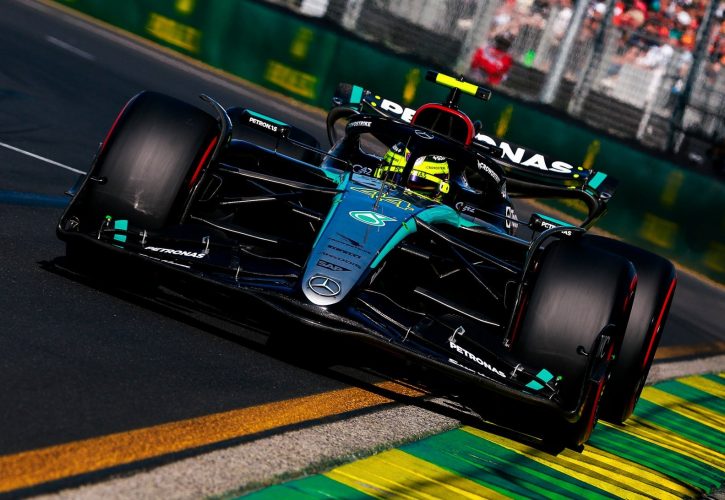
Toto Wolff believes the current troubles impacting Mercedes’ W15 are rooted in correlation issues between the team’s wind tunnel and on-track data, dismissing suggestions of “dogmatism” within the Brackley squad.
The past two seasons have been a stark contrast to Mercedes' previous dominance. In 2022, their W13 car was plagued by porpoising, a violent bouncing motion caused by downforce fluctuations.
Last year’s W14 was meant to address those concerns, but faced complaints from drivers Lewis Hamilton and George Russell about instability in the rear-end handling.
In response, Mercedes made a significant design change for its W15, completely abandoning their unique "size-zero" sidepod concept altogether.
The goal was to create a more predictable and consistent car. However, even the W15 hasn't lived up to expectations, with the machine exhibiting a dose of temperamental behavior.
Wolff believes the persistent issues impacting its charger point to a fundamental problem with the team's wind tunnel data, how it is collected and interpreted, rather than to a flawed design philosophy.
“When I look at the positives, I think we took many potential root causes out of the equation,” Wolff explained, quoted by Autosport.
“We weren't sure about our suspension. We weren't sure about the stiffness of our gearbox carrier. We had a vibrating steering rack. All of those things have disappeared.
“But fundamentally, whatever we see in the tunnel doesn't correlate with what's happening on the track.”
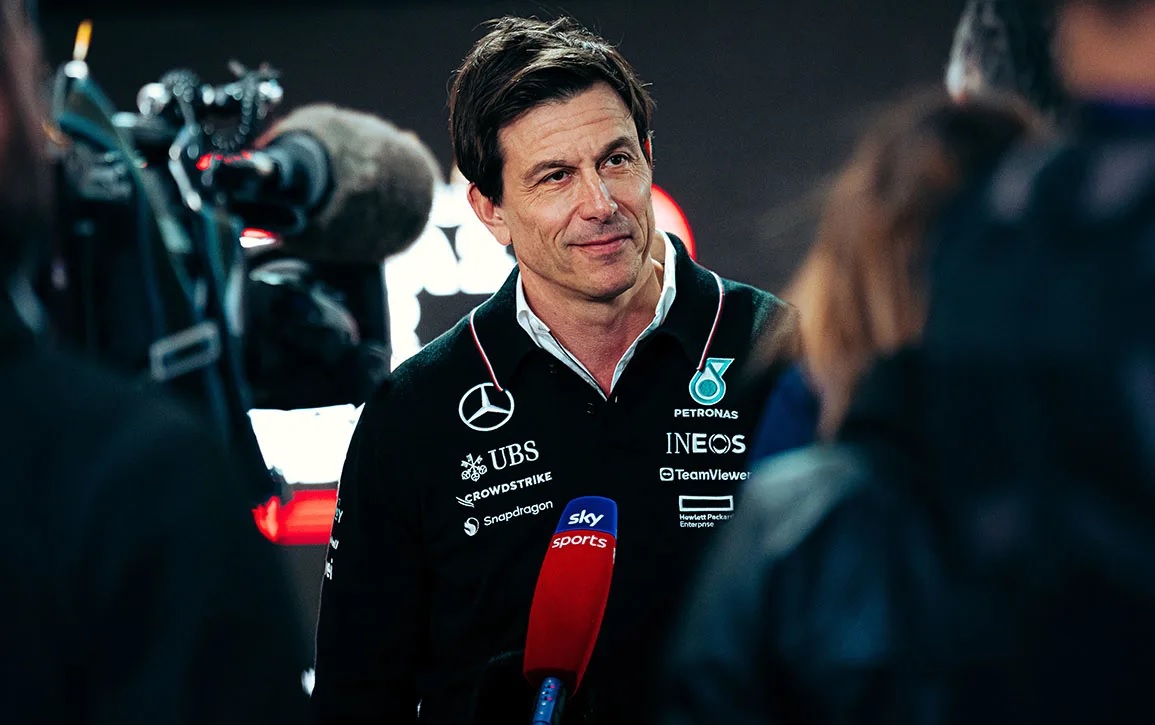
©Mercedes
Wolff's comments suggest that Mercedes may need to re-evaluate their entire wind tunnel correlation process, rather than call into question the team’s engineering assertiveness or its choices in terms of design philosophy.
“It is not a single person that says, 'I would interpret that data in this way' and because of a dogma, because of dogmatism, we're not making any progress.
“I don't see dogmatism. I see an open environment where people share, where people take themselves by the nose and say, 'Maybe in my area we are making mistakes'.”
“It's so tough in my career, in everything I've done before, be it in finance and investment, that you know which screws to turn.
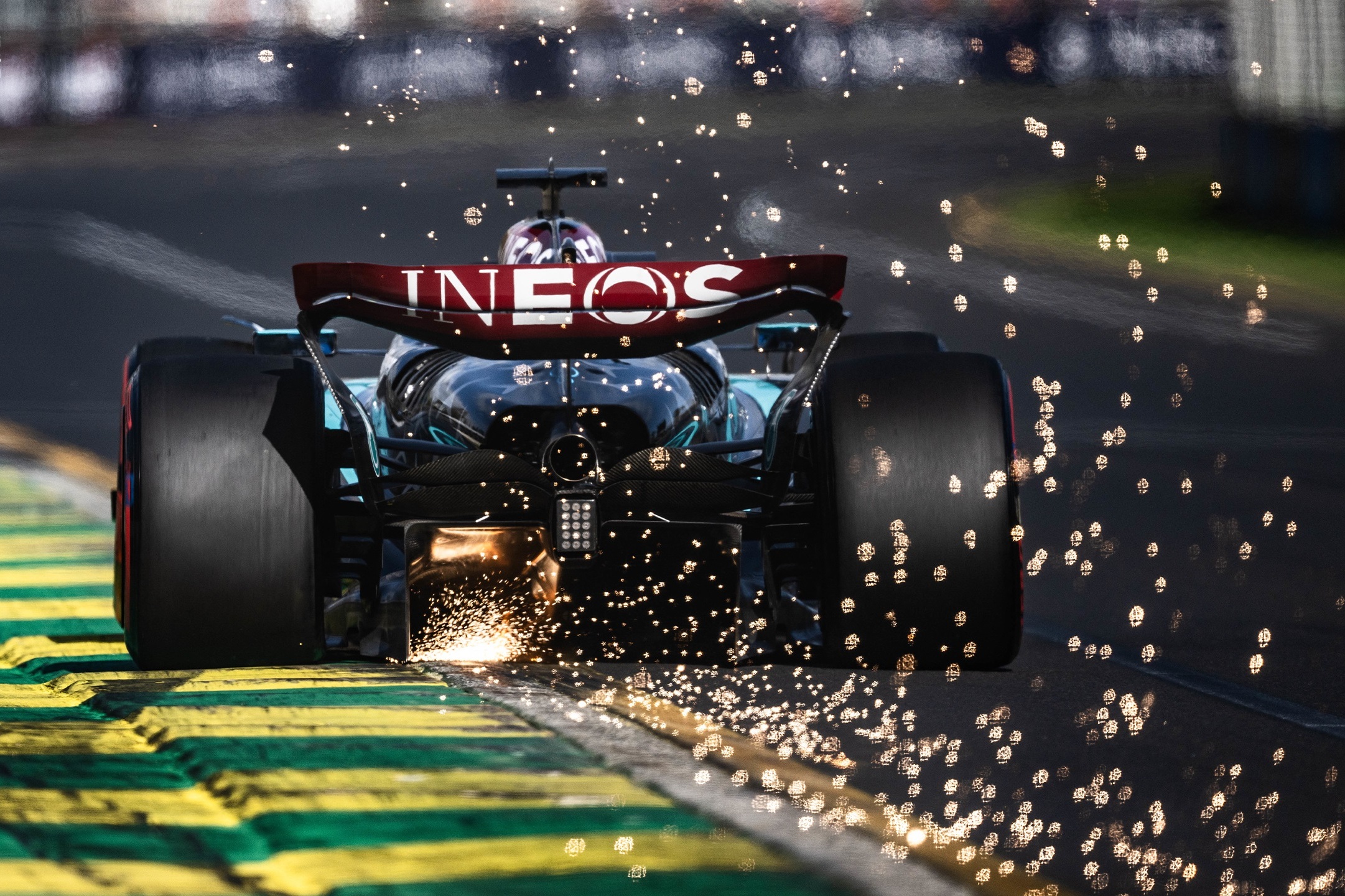
©Mercedes
“Sometimes it takes time because back in my Williams days, I knew what was missing.
“But here, I don't think we are missing something. It is just a complication of what's happening with the car that we can't see. It's like an on-off switch.
“Then you see the progress that McLaren and Ferrari have made,” added the Austrian, whose team suffered a double DNF in Melbourne.
“This is the difference between last year and this year. This was a pretty good weekend for us last year. We were leading at the beginning 1-2.
"So, we've got to really dig deep because it is brutally painful.”
Keep up to date with all the F1 news via Facebook and Twitter



